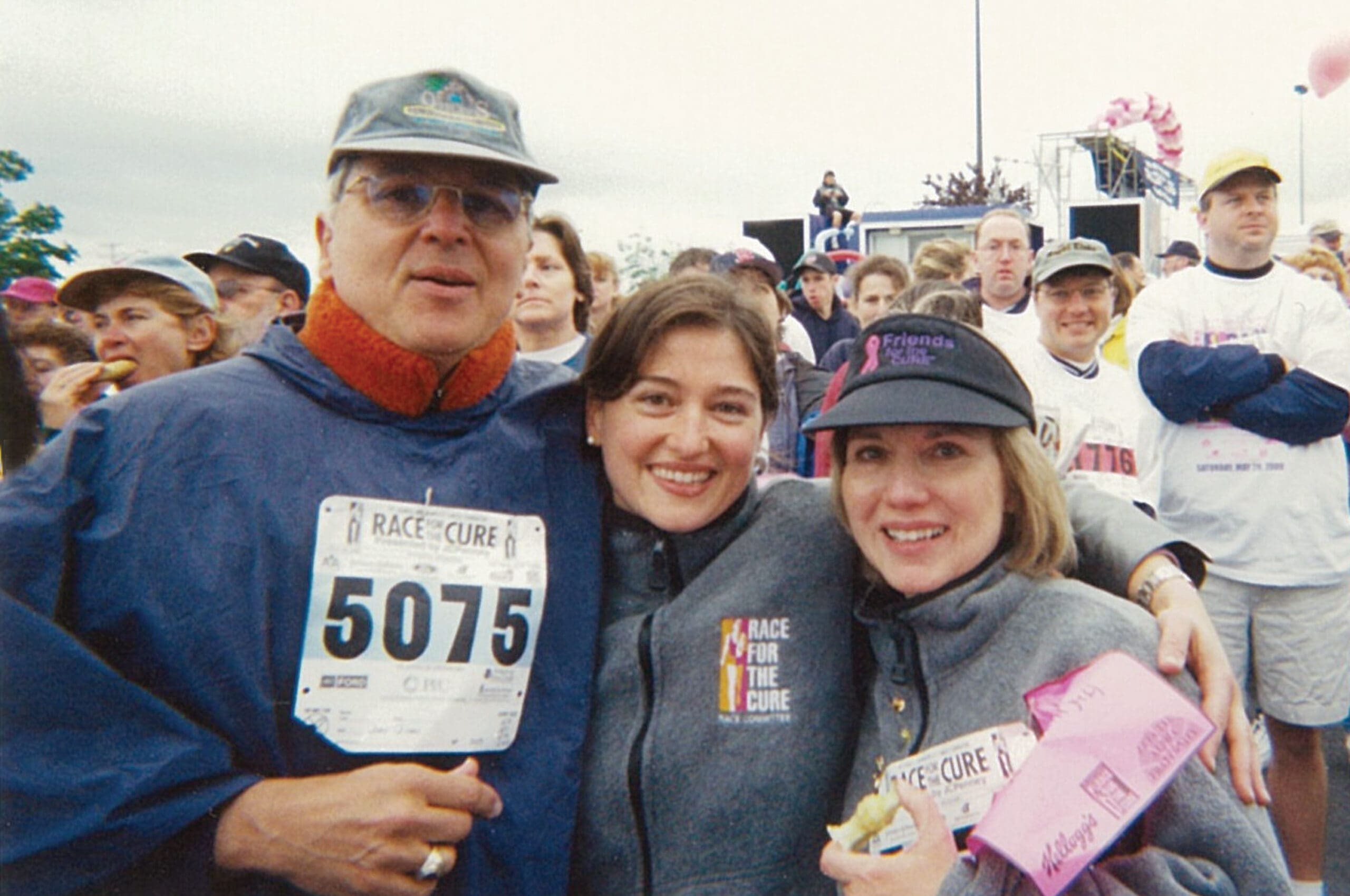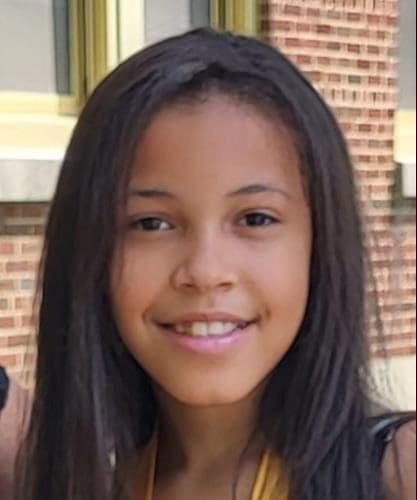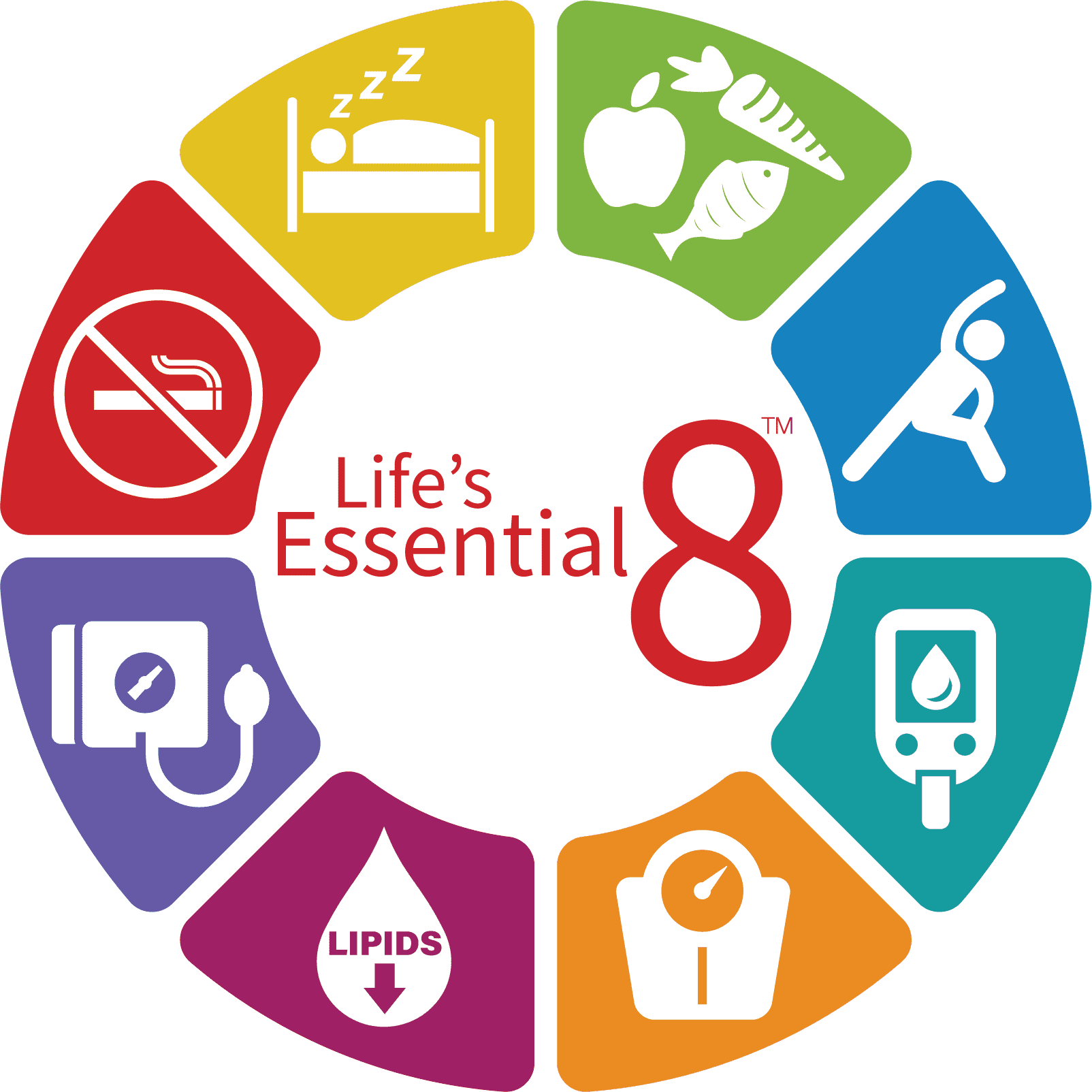By Sarah Hall
Photos by Michael Di Giglio/MDG Images
Never ask Stephanie Piston why she didn’t leave her abusive ex-husband sooner.
“I hated that question,” Stephanie said. “Hated it, hated it, hated it.”
Stephanie was married to a man who physically and emotionally abused her, forced her to have sex with other men for money, engaged in unprotected sex with strippers, sexually assaulted her and controlled her financially. But she stayed married to him for nearly five years. Making the decision to leave, she said, was something she had to do on her own, and there were a lot of factors that went into it.
“Why didn’t I leave sooner?” she said. “It wasn’t my time.”
It took a miscarriage, nearly two years of therapy and a mountain of debt, but Stephanie finally escaped the relationship — but not without a multitude of scars.
“It’s an infection you never get rid of,” she said. “You can suppress it. You can deal with it. But it’s always a part of you.”
Breaking free
When the relationship started, Stephanie and her then-boyfriend were living separately—she was in Queens and he was in Binghamton.
“He was still on his best behavior,” she said.
Two years after they started dating, the pair married, and that’s when the bloom fell off the rose. But Stephanie said it didn’t seem like abuse — not right away. She compared it to putting a frog in a pot of boiling water.
“I put that frog in the pot of hot water, the frog is going to jump out to save its own skin,” she said. “Put that frog in a pot of cold water and slowly turn up the heat. Frog’s not going to jump out because it becomes accustomed to it until the frog is dead and floating backwards.”
By the time she understood how bad her situation was, she felt stuck.
“I had nobody,” Stephanie said. “My family all lives in different states. My friends were a lot of his friends. I had my co-workers but I was still getting used to the job and trying to figure out where I fit in in that grand scheme of things. And you don’t want to bring that to their doorstep.”
Then in 1992 she had a miscarriage. It was a wake-up call.
“I was going through a hellish time,” she said.
Stephanie started going to a therapist to help her deal with her grief. Over the course of the next two years, working with the therapist convinced her that she had to get out of the marriage.
“So I kind of always thank that little soul for saying, ‘Okay, I came. I visited you.’ But staying would have tied [my ex-husband] to me for the rest of my life and I don’t want that,” Stephanie said. “I always wonder what could have been, but then I realize it wouldn’t have been a good thing. It wouldn’t have been good for that child and it wouldn’t have been good for me. Because I probably would have stayed and I’d probably be dead, or that child would be dead.”
Becoming a survivor
Her family was stunned to learn of the abuse.
“’Why didn’t you come to us sooner? Why didn’t you say something sooner?’” Stephanie recalled them asking. “You have to understand, there’s 16 years between me and my youngest sister, and 18 years between me and my youngest brother. I wasn’t going to bring that to their doorstep. I did not want to put anybody else in danger.”
She realizes now that shame also kept her from reaching out.
“It’s embarrassing to say I need help,” she said. “Because they said, ‘Well, we’re not sure if you really should have married him.’”
With the help of friends, Stephanie moved to Syracuse, where she met Ed Piston. Ed, too, was going through a divorce.
“We just kind of healed each other along the way,” Stephanie said.
The pair married in 1999 and had two children, Zach and Kaitlin. While Stephanie has a good life now, she knows she’ll never fully escape the one she left behind. She went through a very dark period when her kids were little.
“I could not think. It was get up, take the kids to daycare, come home, crawl back into bed, covers over your head and just pray,” she said. “And you’d always get the question, do you want to hurt yourself? No. But if I went to sleep and never woke up again, that would be okay, too.”
Stephanie was diagnosed with Post-Traumatic Stress Disorder (PTSD), which is common in victims of intimate partner violence — one 1999 study found that as many as 63.8 percent of IPV victims later received a PTSD diagnosis. She’s open about her diagnosis and how she’s struggled in the wake of her experience.
“Healing is not linear,” she said. “You can’t go A-B-C-D-E to healing. You can go A to Z to X to J to K. You’re going to be bouncing all over the place. And it comes in its own time and it comes in its own place, and it comes with its own purpose. And then you move on to the next thing.”
It’s taken a lot of time, a lot of soul-searching and a lot of therapy for her to get to a place where she could consider herself a survivor instead of a victim.
“I’m not afraid to talk about it and I’m not afraid to say, ‘Yeah, this happened to me,’” she said. “And I’m not embarrassed by it anymore because it wasn’t me. It was him. It’s all him. It’s his fault. It’s not my fault. It’s his poor choices, not my choices. It’s his attitude, not my attitude. I don’t blame me anymore. That was a long time coming. I blamed myself for a long, long time. I blame him.”
For her own sake, Stephanie has chosen to forgive her abuser.
“I forgive him for what he’s done, but I can’t forgive him for who he is now,” she said.
‘I am enough’
Stephanie knows she’s one of the lucky ones.
“I got the right help at the right time,” she said. “But the other thing too is I have very good medical coverage and I have therapy and my therapy is paid, I have a co-pay and I can get my medications relatively inexpensively. A lot of people don’t have access to that and that’s a crime.”
Until then, Stephanie sees it as her responsibility to advocate for other survivors of abuse—and to do what she can to prevent abusive behaviors. In the late 2000s, she signed on as a New York State Action Leader for Moms And Dads for Education to Stop Teen Dating Violence, as well as Liz Claiborne’s Love Is Not Abuse campaign. From there she became involved with Break the Cycle, a grassroots organization that works to end teen dating violence. But most of her work is closer to home.
For nearly 30 years, Stephanie has been involved in the Order of DeMolay International, a fraternal organization dedicated to building character and leadership skills in young men ages 12 to 21 and its sister organization, The Organization of Triangles. She uses her position there—and the respect she’s gained with the teens involved—to talk about intimate partner violence and to encourage kids to engage in healthy behaviors.
“I talk about it all the time,” Stephanie said. “They’re willing to come to me and talk to me. It’s the perfect target age and if you even get a handful of them to listen to me, they’re going to take it back to their peers. Or they’re going to take it back to their families and say, ‘I don’t agree with this.’”
New York was the first state in the DeMolay organization to adopt the domestic violence awareness program, as well as a bullying and suicide awareness platform, though other states have now picked it up. It’s also the most comprehensive program in the country, requiring additional training beyond what the programs in other states do.
“With these organizations, we’re trying to teach these kids to think on their own, stand on their own two feet, be independent, and just kind of guide them,” Stephanie said. “You hope that you guide them in the right way, that they’ll take those lessons with them.”
And in Stephanie’s experience, those lessons do stick.
“A lot of [former participants] say to me now that are adults, ‘You were right. And I listened. And I won’t put up with that. I am enough,’” she said.
It’s a lesson it took Stephanie years to learn, and she hopes others in her position are able to pick up on it sooner. The only way they can, she said, is if more people are aware of what may be going on behind closed doors.
“Everybody looks the other way because ‘it’s a private matter,’” she said. “But 1 in 4 women, 1 in 7 men, will experience intimate partner violence. It’s not a private matter anymore.”
That’s why Stephanie tells her story, over and over again.
“Every victim should have the opportunity to become a survivor,” she said.





